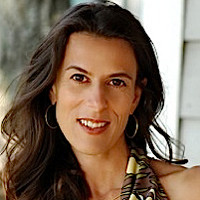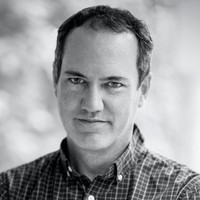Sarah Marshall is a writer and hosts the podcast You're Wrong About.
”I love it when people tell me that listening to the way I talk about these people in the stories that we tell, and just about the world generally, has made them practice empathy more. I almost feel like I have preserved this a-little-bit-past version of myself, because I've been on this journey throughout the pandemic of becoming pretty cynical, and then deciding cynicism is a luxury and that it feels better, ultimately, to try to believe in people.”















